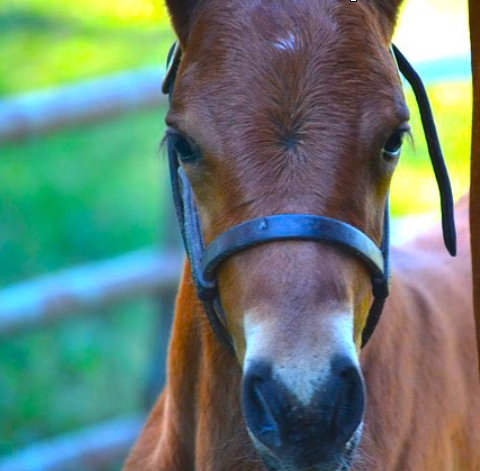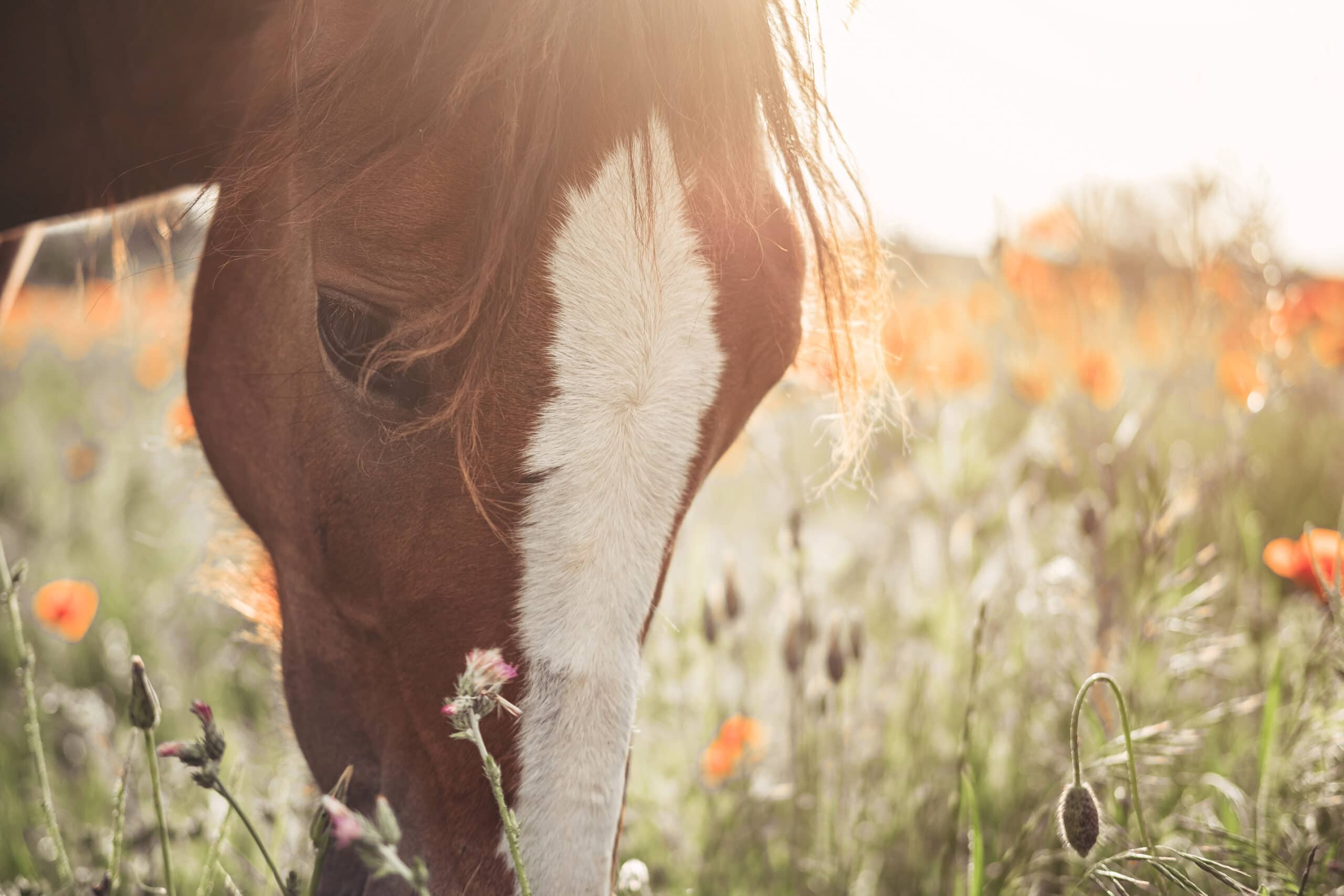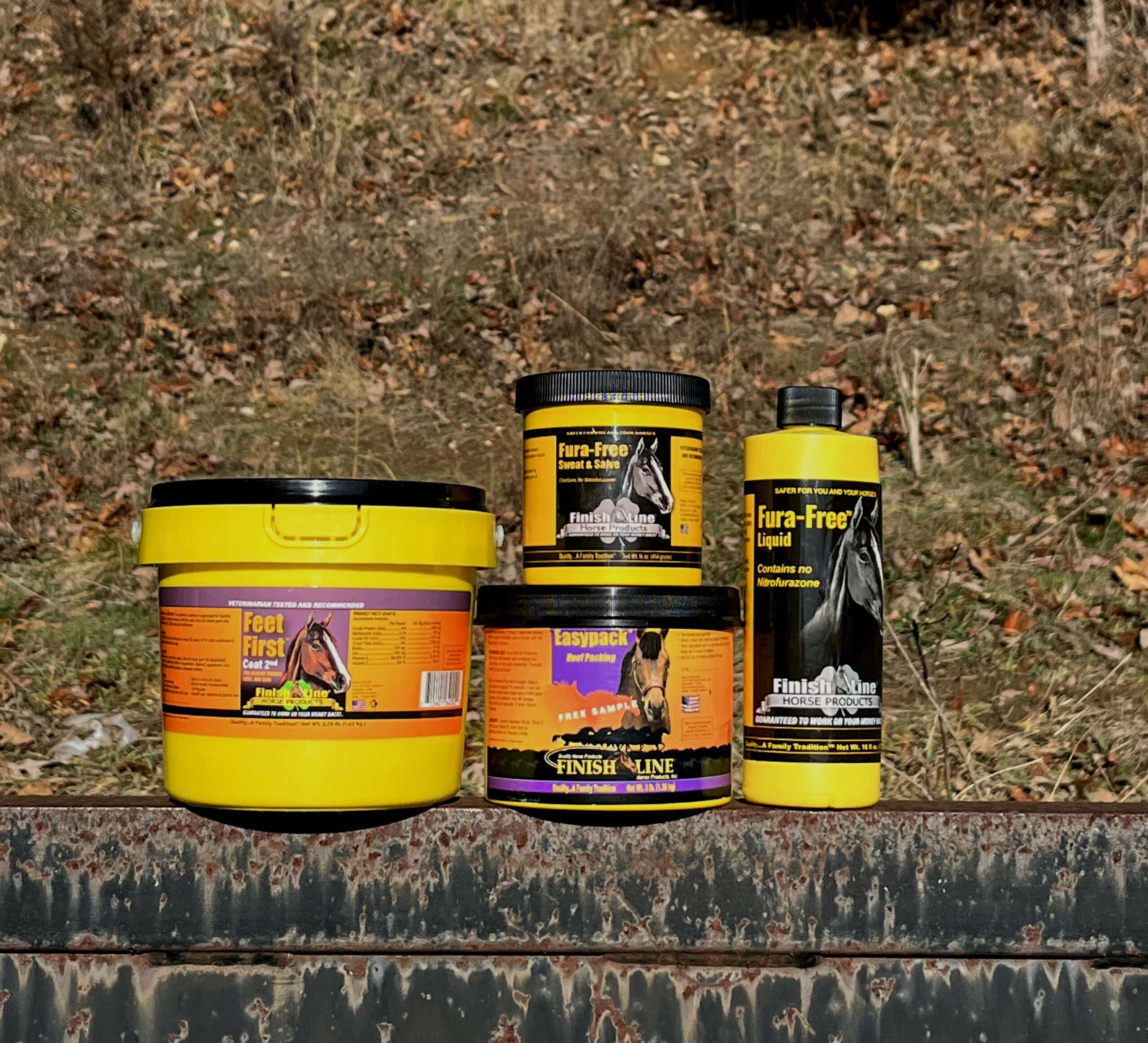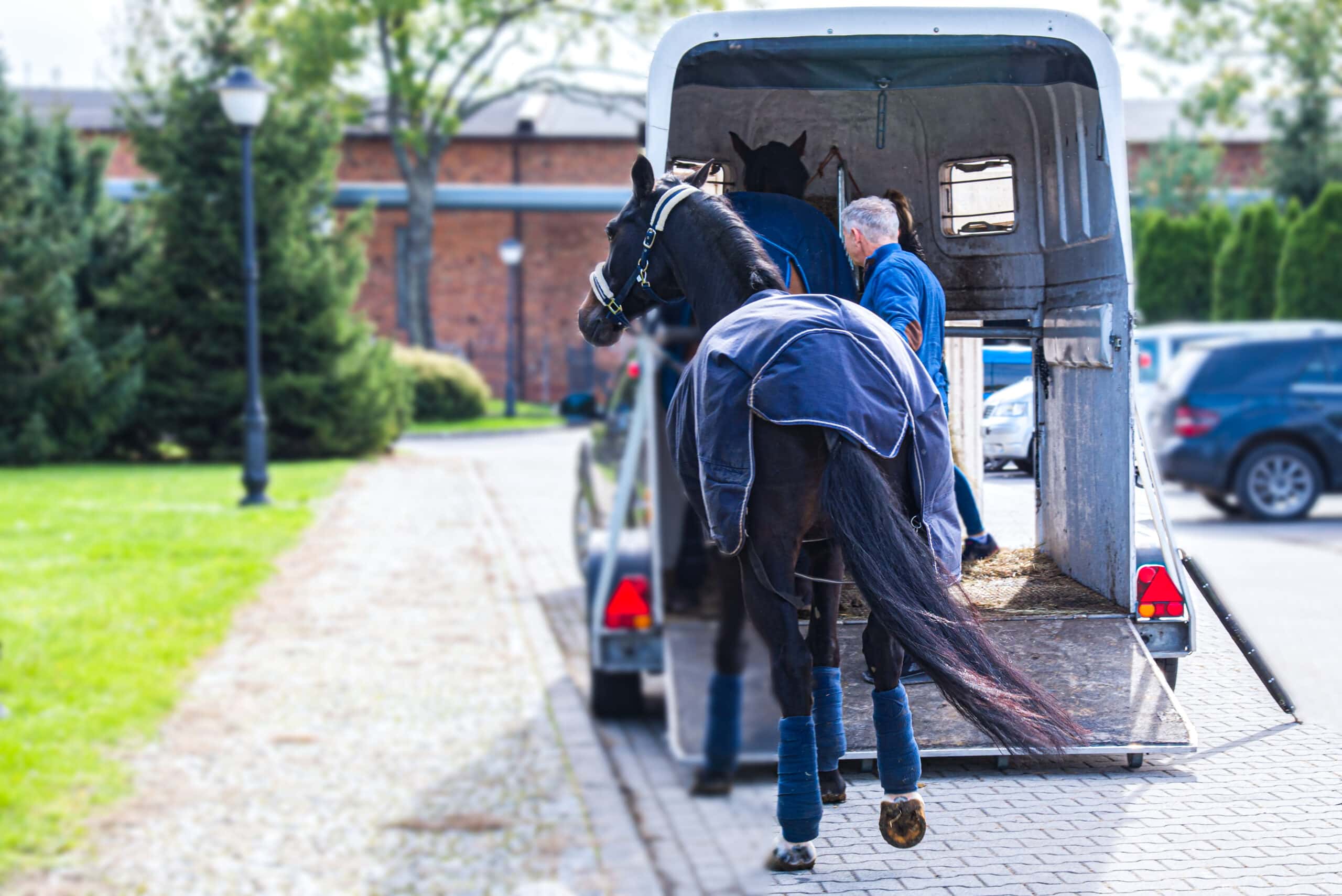Start training a foal early to encourage good behavior as it grows.
A newborn foal is a vulnerable animal, still learning its way around the world and getting used to its surroundings. As a horse owner, you’ll have to pay special attention to foals in their first few months of life, focusing on balancing play time with training and introducing them to human interaction. While foals need gentle care, it’s also important that you begin training early in their life to ensure they’re starting on the right track. Here are five tips for training foals:
1. Halter break early
“Start gently, introducing training just a few minutes a day.”
While most foals are happy to follow their mother around all day, it’s important for owners to take the initiative early to teach them how to interact with humans and prepare for the work the foal will undertake when it’s fully grown. One of the best ways to introduce a foal into a healthy, active life is to halter break them in its early months. This will help encourage good behavior later on, and increase trust levels with humans, a vital element to horse health and relationships.
Start gently, introducing training just a few minutes a day. You can even halter break alongside the foal’s mother, reducing any emotional strain in its first few days and months. If the mare is well-trained, the foal may be more prone to obeying your instructions. Avoid using excessive force when working to halter break a foal. A foal is physically weaker and may need time to adjust to a halter’s pressure around its neck.
Begin by using a gentle grip on a lead rope to pull the foal alongside you and its mother. Place one arm on the side of the young horse to help it learn to follow your guidance. Having its mother close by, led by another person in front, will also make this experience more positive.
Don’t leave the halter on outside of training sessions. Foals often use their back hoofs to scratch their ears, and they might catch their legs in the halter.
2. Discourage nibbling
It may be cute when a foal takes a nibble from your hand during feeding, but that behavior will lose its luster and can turn into a dangerous habit as the foal matures. Discourage this practice, and avoid teaching any tricks early on.
You can usually quickly stop negative behaviors, including grabbing at your clothing with their teeth or playful kicking through a prompt verbal admonishment. Tackle these issues sooner rather than later, when foals are still learning how to interact with humans, rather than waiting to deal with them later on.
3. Introduce hoof care early
“Regular brushings will help you and your horse bond in its youngest days.”
One way to prevent a foal from kicking, striking or acting out during training is to start handling a foal’s hooves soon after birth. This will become particularly important as your horse grows and begins working. Hoof care is essential to overall health, and caring for a horse’s hooves is far easier when a horse doesn’t resist a human handling its legs.
Start slowly, lifting a foal’s legs one by one each day. Use a gentle hand and lift in the presence of its mother, and use a soothing voice to keep the young horse at ease. Begin by lifting a horse’s leg for just a few moments at a time, gradually increasing the duration the days go on.
If your foal develops small issues with its hooves such as stinging feet or stone bruising, you can also use Finish Line’s Easypack, a hoof-packing paste created with soothing ingredients including lemon balm oil, tea tree oil, myrrh and cloves. Easypack promotes horse health and washes off easily with warm water. Applying this pack also will prepare a foal for future treatments to increase hoof health later in life, making it a good addition to any horse health plan.
Introduce grooming early in life, too. Regular brushings will help you and your horse bond in its youngest days, and will help the foal relax and enjoy a grooming rather than trying to fend you off.
4. Train daily
Newborn foals will spend most of their time near their mothers, playing, nursing and sleeping. However, when awake their attention is usually bright and offers a perfect opportunity to teach them something new.
You don’t have to spend hours each day training a foal, but regular training each day is crucial. You’ll help instill best behavior in your young horse and increase its autonomy and ability to work and play on its own – a vital aspect to growing and adapting to life.
5. Allow for plenty of play time
“Allow for bonding time as well as play time for a foal.”
The early days of a foal’s life shouldn’t just be about training. You don’t only want to have an obedient horse – you should be aiming for quality of life that will help your foal turn into a happy adult horse. Happiness can come from a strong relationship between animal and human, making the early days of interaction an important time to establish trust and form bonds. This means you should allow for bonding time as well as play time for a foal.
Help your horse start life in a positive environment full of some time training, napping as they need it, and time outside playing in a pasture. Your horse will be much happier, and you will be, too, as your young, happy foal develops into a happy adult horse.









